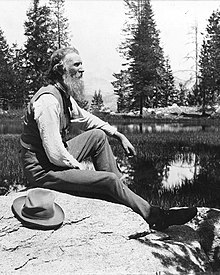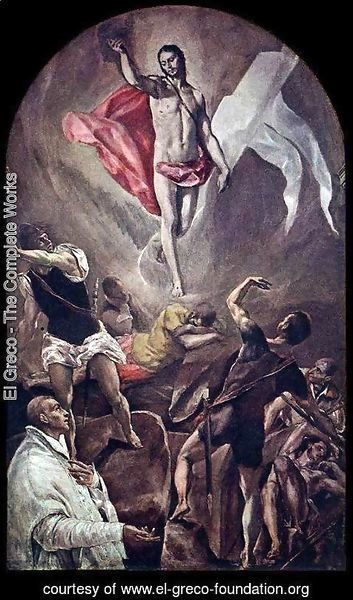Has society evolved to the point where it no longer needs God? This was the question which a video I watched at the most recent meeting of my atheist discussion group posed to us. While I am of course biased toward the negative of this question, and even though I found some credibility in the arguments for affirming the statement, I realized afterwards that maybe we're asking the wrong question. Maybe it's not a question of whether society has evolved (and by society we are, in rather arrogant fashion, assuming the West) beyond God, but a question of whether we are wise enough to determine whether we have indeed evolved. Evolved into what? And how do we know it is a better state?
For if we, we ourselves, have decided that it we have evolved, we've backed ourselves into a wall. Where will we now go except into the unfulfilled desires and dissatisfactions of our inner selves? Maybe this is brave, maybe it is foolish. But it only makes sense if we know what all this means. And how do we know if all we have is ourselves?















